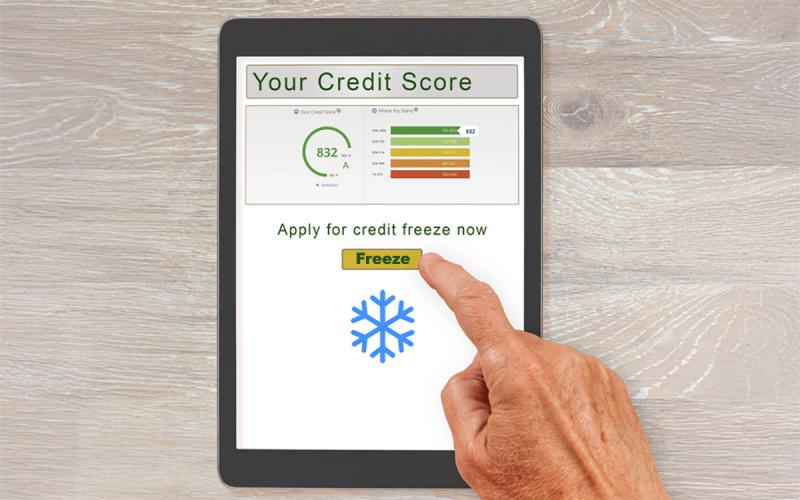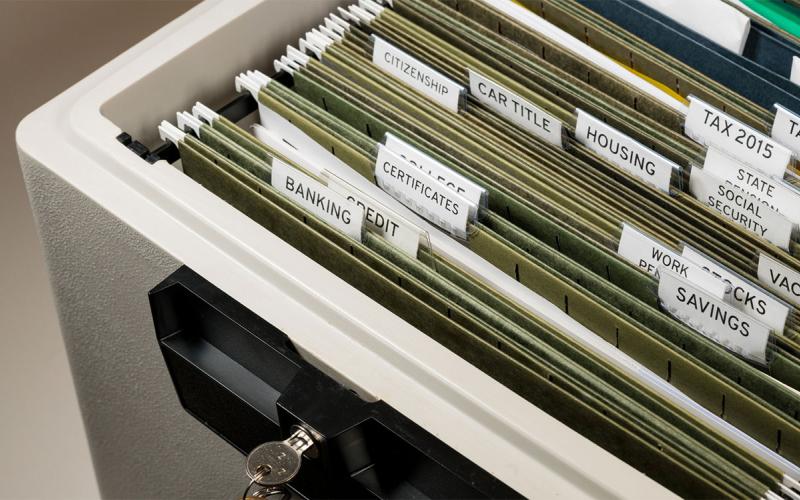
Written by Katie Minder under the direction and review of Lorna Saboe-Wounded Head.
Fraud is considered wrongful or criminal deception intended to result in financial or personal gain. In 2023, 2.6 million consumers were affected by fraud.
A scam is a dishonest scheme. At least 353 million individuals were affected by scams in 2023, reporting a 10-billion-dollar loss.
Eighty-six percent of scams and fraudulent activity go unreported, primarily because the victims are embarrassed.
Top Most-Reported Scams in South Dakota
Counterfeit Products Scams
Counterfeit products are of lower quality than authentic items. Be aware if the price is significantly lower than the regular price. This should raise a red flag. Research the item and the seller before you buy.
Debt Collection Scams
When someone contacts you about paying a delinquent debt or a debt that is in collections, be cautious. If the collector refuses to give you information about the debt or is trying to collect a debt you do not recognize, do not share your personal information.
Employment Scams
If you are applying for a job online, research it before accepting an interview or employment offer. Job scams have gotten very sophisticated, convincingly claiming to represent real employers, requiring interviews, and even providing phony offer letters. Research who contacted you for the job and the company. Guard your personal information and do not fall for jobs that are too good to be true.
Fake Check/Money Order Scams
Scammers send a check or money order to a victim and ask them to cash it, keep a portion as a gift, and wire the rest back. The bad check does not clear the victim’s account, they lose the money that is sent to the scammer.
Identity Theft
When someone uses your personal or financial information to access credit, your identity has been stolen. Regularly check your credit report to determine if any accounts have been opened in your name by someone else.
Online Purchase Scams
Tactics used by scammers have shifted drastically during the past several years, with scams being perpetrated online rising 87% since 2015. If the deal looks too good to be true, it is. Be careful when purchasing sought-after products. Before you buy, do your research with trustworthy sources, and avoid making quick purchases on social media.
Phishing Scams
These are frauds that attempt to trick consumers into revealing personal information, such as bank account numbers, passwords, payment card numbers, and social security numbers. If something sounds suspicious, call the company directly or check the company website directly. Do not click “download” or open anything that comes from an anonymous sender. Always question generic emails.
Sweepstakes and Lottery Scams
These types of scams resulted in higher financial losses during the COVID-19 pandemic compared to the previous three years, particularly for older people. You must play to win and do not pay upfront fees to claim a prize. Checks will bounce after the bank allows the account holder to withdraw cash from the deposit. Be suspicious of irregular communication.
Tech Support Scams
If a caller tells you your computer has a problem when you do not have any issues, this is a scam. Hang up on the caller.
Tips
- If you do not know the number of the caller, do not answer. If it is someone who wants to get ahold of you, they will leave a message or send a text.
- Become familiar with recent frauds so you know what to look for.
- Contact the Better Business Bureau to report frauds. Do not feel embarrassed, as sharing your story may help protect others. To report a fraud, visit the Better Business Bureau website.
- If you are looking for an accredited business to do some work for you visit the Better Business Bureau website to find a reputable business.
Additional Resources
- Better Business Bureau Website, Better Business Bureau.
- Business Email Compromise, Federal Bureau of Investigation.
- Facts about fraud from the FTC – and what it means for your business, Federal Trade Commission.
- National Do Not Call Registry, Federal Trade Commission.
- Facts + Statistics: Identity theft and cybercrime, Insurance Information Institute.


